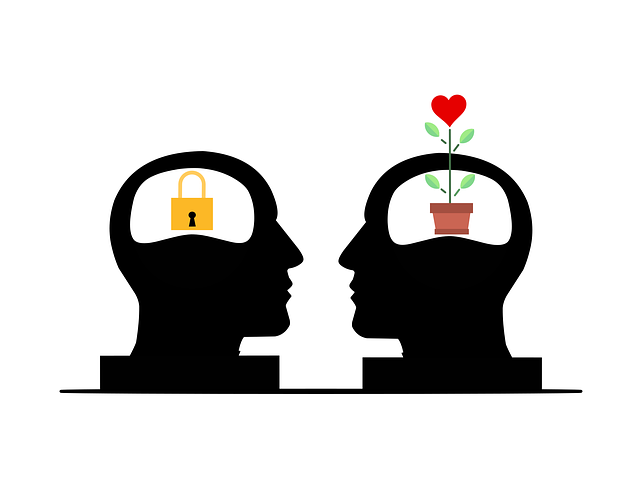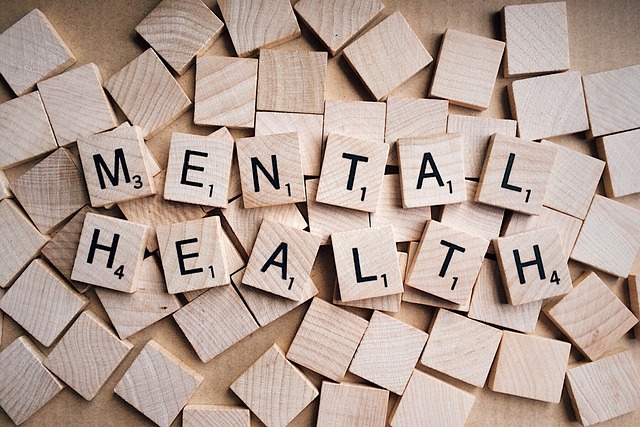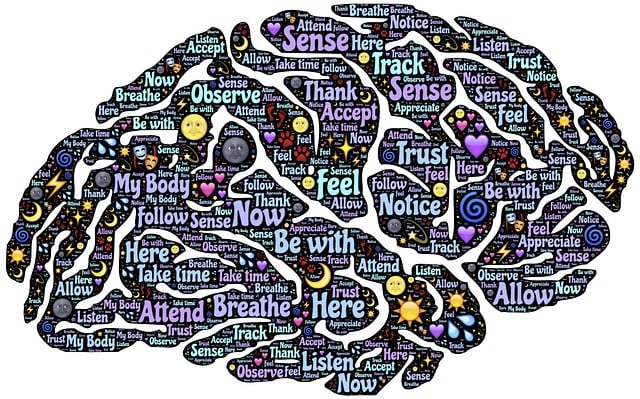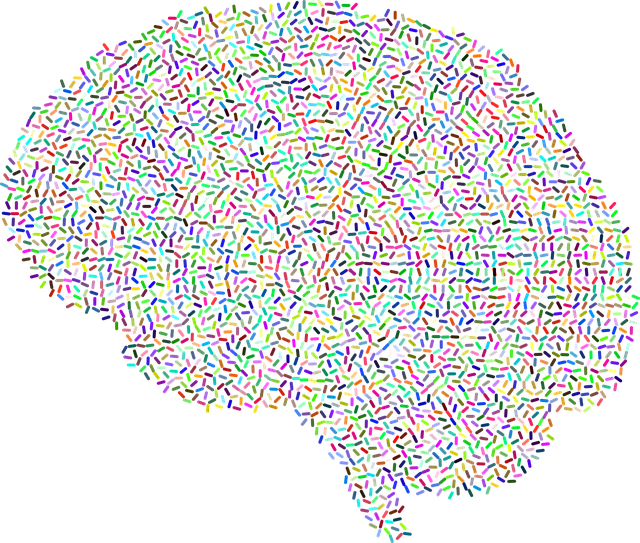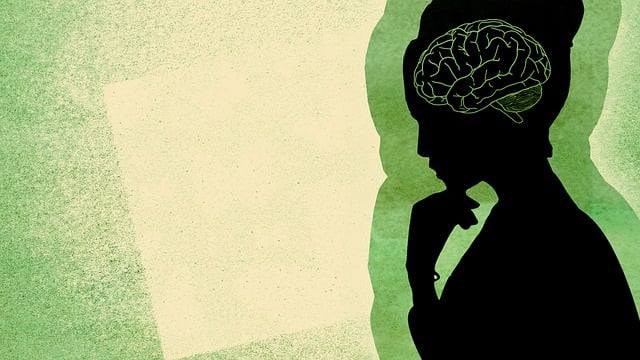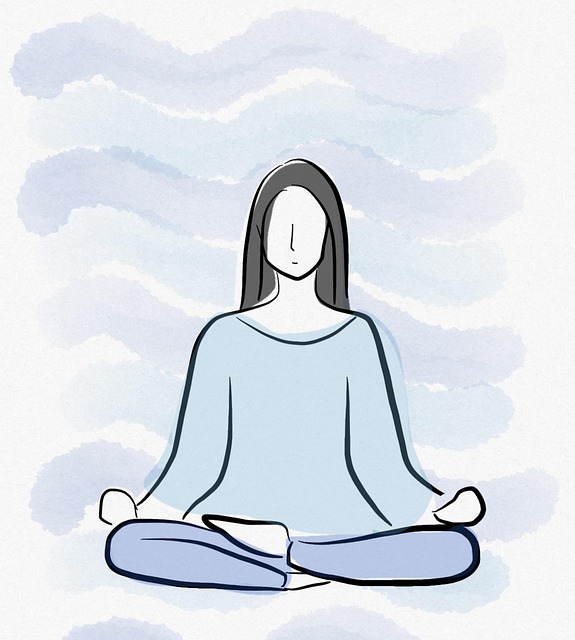Effective mental wellness support for the elderly requires understanding their unique needs, such as cognitive decline and social isolation. Techniques like Somatic Experiencing (SE) therapy gain prominence in addressing these issues by processing traumatic memories and releasing physical tension. Community outreach programs and self-assessment tools are crucial for promoting mental wellness, providing resources, and improving health outcomes. These tools assist therapists in evaluating elderly clients' mental states, setting boundaries to prevent burnout, and offering tailored interventions based on somatization symptoms. By integrating such practices into senior care, including podcasts with practical tips, the mental wellness of the elderly population can be significantly enhanced.
Mental wellness self-assessment tools play a pivotal role in addressing the unique challenges faced by seniors. This article explores the development of such tools, focusing on understanding the mental wellness needs of the elderly and incorporating Somatic Experiencing techniques. We delve into designing effective self-assessment tools for therapists and implementation strategies to seamlessly integrate these assessments into senior care settings, enhancing holistic therapy for elders. Key keywords include therapy for elders and somatic experiencing.
- Understanding Elderly Mental Wellness Needs and Somatic Experiencing
- Designing Effective Self-Assessment Tools for Therapists
- Implementation Strategies for Integrating Self-Assessment in Senior Care Settings
Understanding Elderly Mental Wellness Needs and Somatic Experiencing

Understanding the unique mental wellness needs of the elderly is a critical aspect of developing effective self-assessment tools. As individuals age, they may face specific challenges such as cognitive decline, social isolation, and physical health issues, all of which can significantly impact their mental well-being. Therapy for elders, including approaches like Somatic Experiencing (SE), has gained prominence in addressing these complex needs. SE is a therapeutic method that helps individuals process traumatic memories and release held tension, allowing them to regain a sense of safety and balance. By incorporating techniques from mindfulness meditation into traditional therapy, SE offers a holistic approach to healing.
Community outreach programs can play a vital role in promoting mental wellness among the elderly by providing accessible resources and support networks. These initiatives ensure that older adults receive tailored assistance, fostering improved mental health outcomes. With the right tools and strategies, it is possible to create inclusive environments that cater to their specific requirements, ultimately enhancing their overall well-being.
Designing Effective Self-Assessment Tools for Therapists

Designing effective self-assessment tools is paramount for therapists, especially those specializing in therapy for elders and employing techniques like Somatic Experiencing (SE). These tools play a pivotal role in several aspects of professional development. They not only enable therapists to accurately gauge their mental wellness but also help in identifying areas that might require improvement or additional training. For instance, a well-crafted self-assessment could highlight burnout risks, prompting therapists to implement burnout prevention strategies for healthcare providers, such as setting clear boundaries and prioritizing self-care.
Moreover, these tools can boost confidence by providing a structured framework for personal reflection. By regularly assessing their emotional state, therapists using techniques like SE can stay attuned to their own needs and ensure they maintain optimal mental wellness. This proactive approach is particularly beneficial in high-stress environments where healthcare providers are at risk of experiencing burnout. Incorporating such self-assessment practices into a mental wellness podcast series production could further enrich the content by offering practical tips and real-world examples for listeners seeking to enhance their own therapeutic journeys.
Implementation Strategies for Integrating Self-Assessment in Senior Care Settings

Integrating self-assessment tools into senior care settings offers a promising approach to enhancing mental wellness among elderly individuals. One effective strategy is to employ therapy techniques like Somatic Experiencing, which focuses on resolving trauma and stress responses. By incorporating these therapeutic methods, caregivers can facilitate a deeper understanding of the physical and emotional states of seniors, allowing for tailored interventions. For instance, self-assessment questionnaires designed to identify somatization symptoms can be distributed periodically, enabling residents to monitor their well-being.
Moreover, the development of Mental Wellness Coaching Programs and Social Skills Training initiatives within senior care facilities is pivotal. These programs can empower elders to engage in proactive self-care practices, fostering a sense of independence and resilience. Regular coaching sessions, combined with group activities that encourage social interaction, contribute to improved mental wellness by addressing loneliness and isolation—common challenges faced by the elderly population.
The development of mental wellness self-assessment tools, particularly tailored for elderly populations, is a significant step forward in enhancing senior care. By incorporating insights from therapy for elders and somatic experiencing, these tools can provide comprehensive assessments, enabling therapists to offer more effective interventions. The strategies outlined in this article, when implemented in senior care settings, have the potential to revolutionize mental health support, ensuring that the unique needs of older adults are met with sensitivity and expertise.

